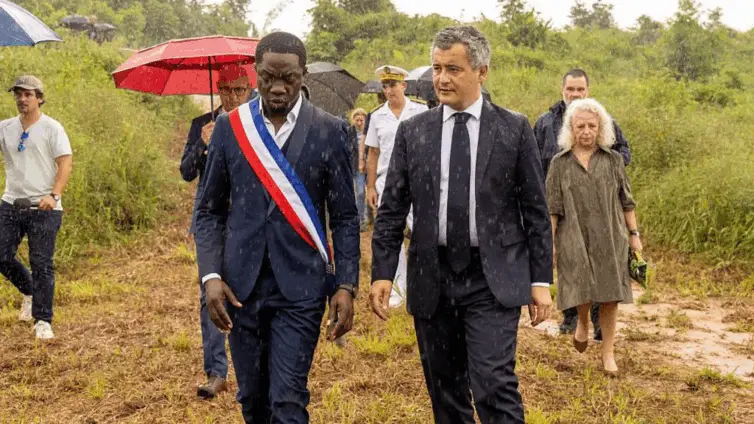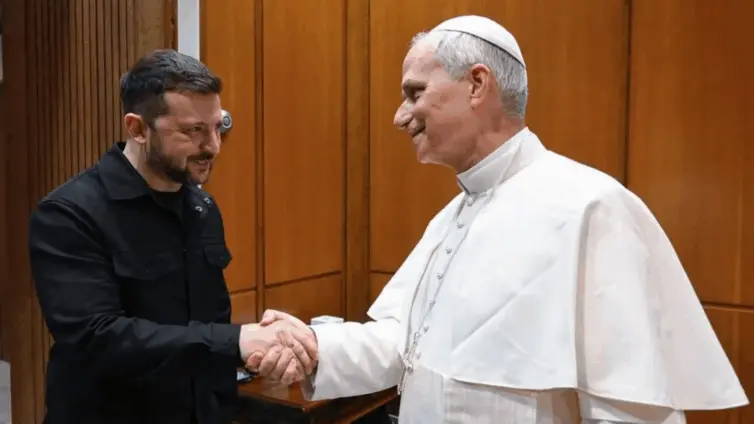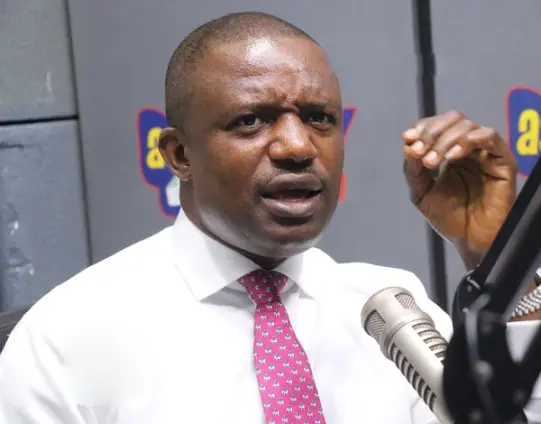The recent deportation of former Kenyan Justice Minister Martha Karua from Tanzania has ignited controversy, raising serious questions about political freedoms and human rights. Karua, a respected lawyer and outspoken critic of what she describes as ‘democratic backsliding’ in East Africa, was prevented from entering Tanzania to attend the court case of opposition leader Tundu Lissu. This action, compounded by the detention of other Kenyan activists, has been met with strong condemnation from human rights organizations and political figures alike. The case of Martha Karua ‘deported’ highlights the challenges.
The incident throws a sharp light on Tanzania’s internal affairs. Karua’s experience, and the broader context of political opposition within Tanzania, warrants a closer examination. This report aims to provide a detailed analysis of the events surrounding her deportation, the charges against Tundu Lissu, and the implications for Tanzania’s political future.
Martha Karua has built a distinguished career as a lawyer, a former Justice Minister in Kenya, and a dedicated human rights advocate. Her unwavering commitment to justice has seen her represent prominent figures like Ugandan opposition leader Kizza Besigye, solidifying her reputation as a champion for democratic values across the region. It was this dedication that led her to Tanzania, to offer support to Tundu Lissu.
According to Karua, she was explicitly deported to prevent her attendance at Lissu’s court proceedings. Colleagues who accompanied her were also detained and subsequently deported. Further, Willy Mutunga, the former Chief Justice of Kenya, and other activists were stopped at the airport, signaling a coordinated effort to prevent external observers from attending the proceedings. While specific quotes from Martha Karua about the event were not immediately available, her social media posts alluded to the obstruction she faced.
The actions of the Tanzanian authorities have not gone unnoticed. Chadema, the main opposition party in Tanzania, has issued a strong condemnation of the detention of foreign lawyers. Similarly, the Tanzania Human Rights Defenders Coalition expressed shock at the “arbitrary arrests.” Korir Sing’oei, a Kenyan official, urged Tanzanian authorities to release Mutunga and his delegation, emphasizing the importance of respecting the rights of individuals and observers.
The central figure in this unfolding drama is Tundu Lissu, the leader of Tanzania’s main opposition party, Chadema. Lissu faces treason charges, a non-bailable offense that carries a potential death sentence, placing him in a precarious legal position. His arrest and the charges against him are viewed by many as part of a broader effort to suppress dissent and limit political opposition in Tanzania.
Lissu’s arrest came after he held a rally under the banner of “No Reforms, No Election,” a campaign designed to push for significant changes to Tanzania’s electoral laws. He argued for sweeping reforms to ensure fair and transparent elections, but the government dismissed his allegations and accusations.
Further complicating the political landscape, Chadema was effectively banned from participating in a recent election after refusing to sign a code of conduct mandated by the electoral commission. Chadema viewed this code as a ploy to contain the opposition and restrict their ability to campaign effectively. This ban had a significant impact on the political dynamics within Tanzania.
Concerns have been steadily rising among human rights groups regarding a perceived crackdown on the opposition in Tanzania, particularly in the lead-up to elections. Adding to these concerns, Boniface Mwangi, a Kenyan activist, reported an incident involving armed men at his hotel in Tanzania, further fueling fears of intimidation and repression.
President Samia Suluhu Hassan initially garnered praise for her efforts to grant greater political freedom and reverse some of the more authoritarian policies of her predecessor, John Magufuli. However, critics now suggest a return to the repression that characterized Magufuli’s rule, a claim the government vehemently denies. The government insists it is committed to upholding democratic principles and ensuring free and fair elections.
Despite the recent controversies and concerns, the CCM party is widely expected to retain power in Tanzania. Samia Suluhu Hassan is the likely presidential candidate for the CCM, positioning her as the frontrunner in the upcoming elections. The political dominance of CCM continues.
| Date | Event |
|---|---|
| [Date] | Tundu Lissu Arrested on Treason Charges |
| [Date] | Chadema Banned From Election |
| [Date] | Martha Karua Deported From Tanzania |
The deportation of Martha Karua and the ongoing legal battle involving Tundu Lissu underscore troubling trends within Tanzania’s political environment. With human rights organizations voicing increasing concerns about repression, the prospects for genuinely free and fair elections remain uncertain. The events surrounding Karua’s deportation serve as a stark reminder of the obstacles faced by those advocating for democracy and human rights in East Africa. How these events will ultimately affect Tanzania’s upcoming elections and its overall political stability remains to be seen.
Image Source: MYJOYONLINE






















